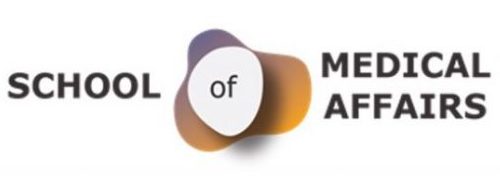Below are some examples of MSL and Medical Advisor training modules we have developed and can be customized to suit your team’s needs.
We are also able to design modules on additional Medical Affairs topics.
Each module focusses on one specific responsibility of the MSLs, Medical Advisors or Medical Managers. In approximately 3-4 hours, we will work on both the knowledge and the skills needed to be successful at the task, putting emphasis on the unique opportunities that the role of Medical Affairs can bring.
All modules can be stand-alone, combined or customised. In addition, we are also able to design e-learnings to enhance the learning experience.
We will gladly provide you with a training or curriculum proposal after we have spoken to you to understand your teams needs.


